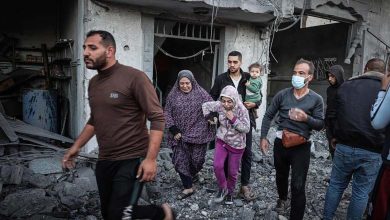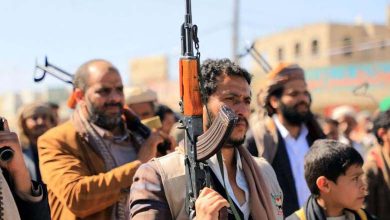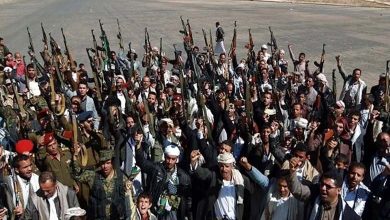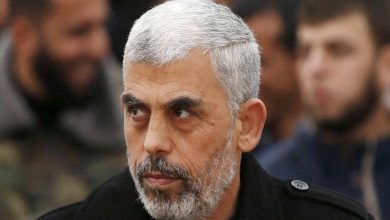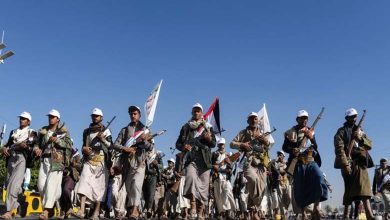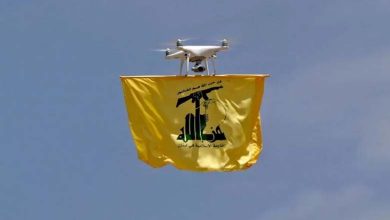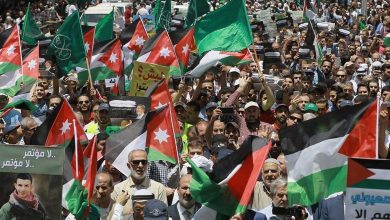UAE and Saudi Arabia and their effort in the annual Ramadan call
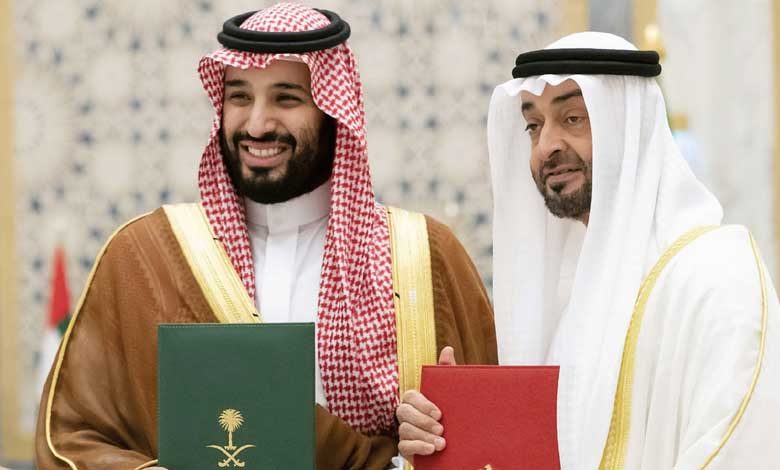
The United Nations High Commissioner for Refugees (UNHCR) informed Al Arabiya English that an annual Ramadan call to help providing emigrant refugees lifesaving support and aid makes people around the United Arab Emirates and Saudi Arabia to obtain the highest number of donations in the region.
It’s for the third year that the UNHCR launched the Every Second Counts fundraising campaign as the Islamic world celebrate the holy month of Ramadan. Indeed, the campaign was launched while the UN agency is appealing for better support for millions of refugees and internally displaced persons in low-income countries affected by the COVID-19 pandemic.
On his part, Houssam Chahine, UNHCR’s chief of private sector partnerships in MENA, informed Al Arabiya English that the campaign has seen a flood of generosity from residents across the GCC.
He said: Every year, UNHCR appeals to the public during the month of giving and generosity to help raise awareness and funds for refugees and internally displaced people in need.
He added: The ‘Every Second Counts’ campaign focuses on the incredible impact individuals can create within seconds, in the lives of refugee and displaced families whose lives turned upside down within moments and who have been forced to flee their homes in search of safety.
Moreover, the aim of the campaign is to increase funds via donations including Zakat and Sadaqah, to help in offering lifesaving support like shelter, food, clean water and monthly cash assistance, to the most weak refugee and internally displaced families from Syria, Iraq, Yemen, Afghanistan, Nigeria, countries in the Sahel region, and Rohingya refugees in Bangladesh.
Otherwise, in the Muslim faith, Zakat is the obligatory annual payment necessary for every Muslim, whereas; Sadaqah is a kind act made with the intention of serving others.
Chahine said: We are grateful to the outpouring of support shown by the people of the UAE and KSA, with those who have been forcibly displaced, adding: People in the UAE, followed by KSA, rank highest in the number of donations made to UNHCR’s Refugee Zakat Fund, which is testament to their empathy and generosity, and trust in our ability to deliver 100 percent of their Zakat contributions to eligible displaced families.
COVID-19 worsens refugee crisis
Furthermore, Chahine stated that COVID-19 has induced a new emergency for the millions of refugees around the world. He explained: The pandemic has compounded existing challenges for displaced people, such as poverty, food insecurity, discrimination, border closures, protection risks such as domestic violence and sexual abuse, and access to livelihoods and education.
Chahine also indicated: The COVID-19 induced recession is expected to push between 88 million and 115 million people into extreme poverty. While precise measures are difficult, estimates by the World Bank and UNHCR point to a large and disproportionate impact on already vulnerable people, such as the forcibly displaced.
Besides, a UNHCR assessment among 1,579 refugee and asylum-seeker households of different nationalities in Egypt, in September 2020, revealed that 42 percent of the respondents had lost their job and 98 percent said that they was a lack of financial means to access basic hygiene substances.
Also, in Jordan, almost four out of five Syrian refugees (close to 80 percent) were existing under the national poverty level even before the pandemic, living on about $3 a day or less. As new assessments are now happening, the influence of the pandemic on refugees in terms of loss of salary and taking on debt was evidently severe.
However, the situation is more difficult for female-headed households in Lebanon, while a far higher proportion of female-headed households (68 per cent) than male-headed households (13 per cent) use adapting strategies categorized as crisis level or emergency level.
Crisis adapting strategies comprise marriage of children under the age of 18, vending productive properties, retreating children from school, and reducing expenditure on education and health. Emergency adapting strategies also comprise begging, accepting high-risk jobs or sending children to work.
Chahine continue to explain: The donations received will help UNHCR in providing lifesaving support to vulnerable refugees and displaced families through the distribution of cash assistance and goods, allowing them to address basic needs including shelter, food, education, and healthcare and debt repayments.
The fund has aided, in 2020, 2.1 million beneficiaries in 13 countries including Yemen, Lebanon, Iraq, Jordan, Egypt, Mauritania, Niger, Bangladesh, India, and Pakistan, via Zakat & Sadaqah donations. Although the growth of the Refugee Zakat Fund due to generous contributions by individuals and institutional partners, the continuing COVID-19 pandemic has extended the gap between the needs of displaced families and funds received, in what Chahine said:
He also noted that Ramadan is a time of reflection and generosity, and a great opportunity to show solidarity with the world’s forcibly displaced especially during a time where it is needed more than ever, adding: We are always surprised by the incredible outpouring of support and kindness that people have towards refugees, and more so during this Holy month and ask people to continue standing with refugees and internally displaced people during these difficult times. No donation or act of solidarity is too small.
Currently, Zakat and Sadqah donations to refugees in urgent need could be given via zakat.unhcr.org and UNHCR’s newly launched Zakat mobile application GiveZakat.


